We have seen that the economic profitability of clubs padel can turn out to be long even if the product is promising for the future. Indeed, we see that this practice attracts more and more people every day. However, it is still too little known to hope for rapid profitability from clubs. padel. The costs generated for the creation of these clubs remain quite high, it will take years for a club to have a real return on investment.
In a second step, we analyzed the concept of social practice for this activity, and we finally agreed on the fact that the padel has many elements proving the nature of this practice. Indeed, according to the theory of social practice, the padel holds many elements that this theory reminds us of, however this sporting practice is still too little developed to affirm its nature.
Thanks to the testimonies of many professionals, we concluded that this practice is for the moment only a collective practice. Today, the creation of communities, professional networks within the club as well as the various activities organized by the club do not justify the creation of a social practice for the moment. These elements certainly promote social ties, but it will take time for there to be a real movement. padel in France where all circles hear about this sport.
We do not reject the idea that it will become a social practice in the future, thus generating a real sporting movement re-entering the sports mentalities of the French such as tennis or football.
For our interpretation, we decided to bring together two closely related themes.
As seen previously the padel has an economic profitability that is still too weak and a practice not strong enough to become a social practice. We can observe that these two elements are complementary. Indeed, we saw in our review of the literature that the success of Nordic walking is explained by its aptitude to have become a social practice.
As a result, the activity was communicated properly and real communities were created to live and share this product. Thus, all companies have seen their investments in this product, profitable.
It is for this reason that we associate the economic profitability of the actors with the nature of the practice. The business model of padel remains for the moment rather fragile because the communication around this practice is still, despite everything, timid. In addition, without forgetting that the padel keeps the image of a “rich” sport, the communities formed are not sufficiently varied to hope to reach more and more social circles.
So we have several elements, showing that this sport is still developing and it will take a while before we see a real movement.
Thus, we believe that the economic model of the players in this market can benefit from accelerated profitability only through the formation of a social practice, that is to say a practice where the padel is considered not only as a sport but a means of coming together and forming social links between consumers but also between consumers and producers.
This is already the case in some clubs but this trend must become greater to reach the maximum of people and to make the community understand that this sporting practice can become a place to meet new people but also new professional projects.
However, why do clubs of padel continue to be created everywhere in France?
Indeed, we have seen that the nature of this practice as well as the economic model relying only on the rental of land, teachers and organization of tournaments remains rather shy. In fact, even if it remains rather weak, entrepreneurs bet on the future because indeed, the majority of people see this practice to be part of the sports habits of the French in the near future.
We have seen that the padel has been supported since 2014 by the FFT and it took about 4 years to see real projects being built around this sport (national tournaments, sponsorship, presentation of sport at major sporting events, betting city host of a step of world padel tour).
This reassures entrepreneurs and perceives an opportunity to seize. Despite this still low profitability, we see that clubs diversify their business to become attractive.
We have noticed that almost all the clubs specialize in the sale of derivative products of different kinds. Indeed, there is no need to knock on the door of sports equipment manufacturers to buy sports equipment, clubs offer certain products within their enclosures ranging from the sale of rackets, outfits and balls to catering in the form of bars for restore after part of padel. This promotes the formation of social bonds between players and allows to benefit from an additional source of income.
A year-round subscription system is also created to retain their customers and push them to play cheaply with a slot reserved each week. We see this marketing strategy in many sports clubs but unlike them, it promotes the creation of communities and a family atmosphere between players.
This is explained by the level of attendance at clubs padel compared to an “urban soccer” club for example, which remains fairly low and therefore makes the atmosphere conducive to meetings and the creation of social links. In addition, many club managers speak of a fairly fair play and friendly mentality on the part of the players that is not found in all sports. This promotes the development of this market and the attractiveness of this sport.
Thus, all this marketing strategy allows the clubs to benefit from additional revenues at lower costs. This may explain the fact that many clubs in padel are created each year despite a market at the start of development, a sport practice still too little known in France and an economic profitability of the clubs too long. The bet on the future of many club owners is based on the development of the same market in Spain, a neighboring country, which is a very strong argument in the growth of these clubs in France.
| 1 Theme | ||
| Market visibility | ü Developing external communication and not just contenting yourself with “word of mouth”.
ü Awareness of FFT now seeing the padel as a lever for growth.
ü The padel could help tennis recover, leaders are now focused on developing the padel.
ü Companies must support this development strategy (promotions, sponsorship, etc.)
ü Promote the credibility of this sport in France, so that this sport does not become a “fad”.
ü The role of consumers is very important in order to attract the most commercial structures and to make companies want to bet on a booming sport.
ü Sponsorship is an essential element for a sports market, it is for this reason that the padel must continue to focus on competition.
ü All these elements will promote the influence of this sport at the national level. | |
| 2 Theme | |
| A collective practice in the making | ü Sporting practice still too little known to hope for a good profitability based only on the hiring of grounds, training… etc.
ü The natural formation of a social practice over time will promote the profitability of clubs and the influence of this sport.
ü Entrepreneurs are betting on the future and see this practice becoming part of French sports habits.
ü The clubs diversify their activity to become attractive (derivative products, catering, year-round subscription system, etc.)
ü An atmosphere conducive to the formation of social and professional links.
ü The continued creation of clubs padel in France shows that despite too long economic profitability, many clubs have reused data from the Spanish market in order to make a good bet on the future in this practice.
|
Student in Master 2 entrepreneurship and innovation at IESEG SCHOOL OF MANAGEMENT in Paris and passionate about sport, I decided to devote my end-of-study thesis to the emergence of padel in France as a sport and social practice and the associated market development. Having lived 22 years in Morocco and for 5 years in France, I am delighted to be able to share my skills.

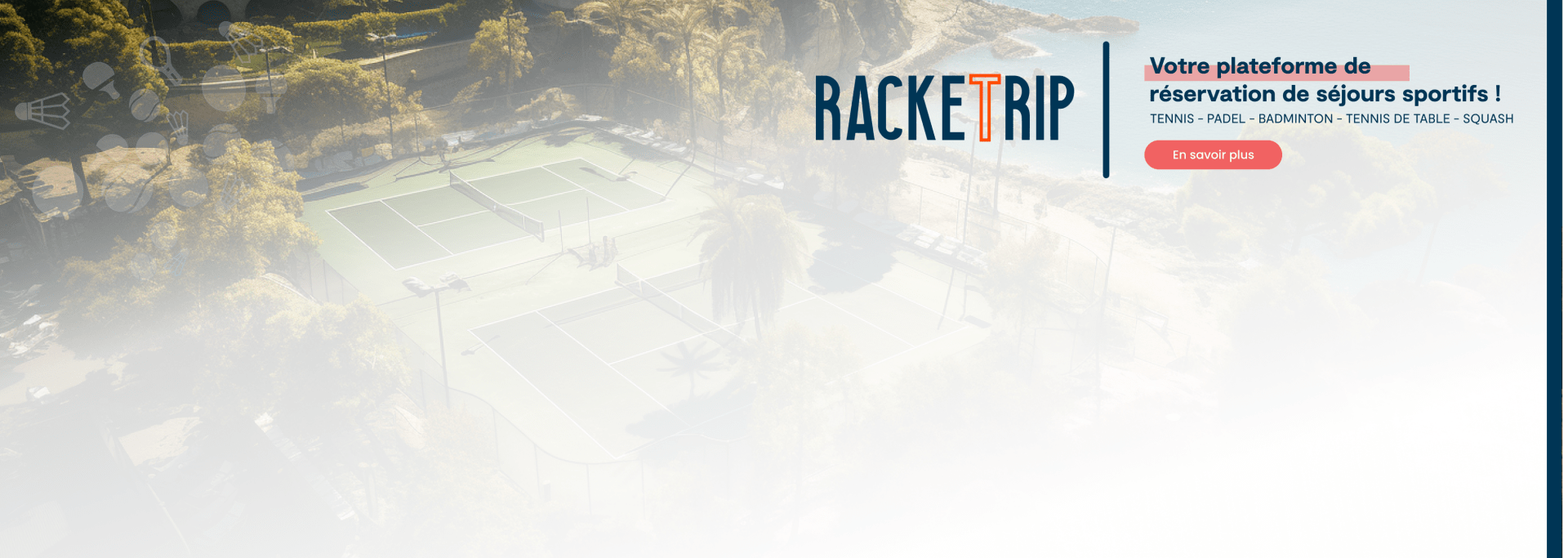














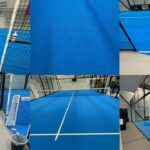






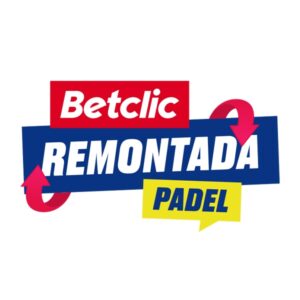





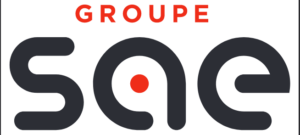
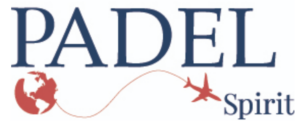
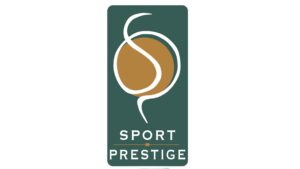
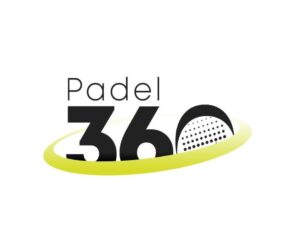
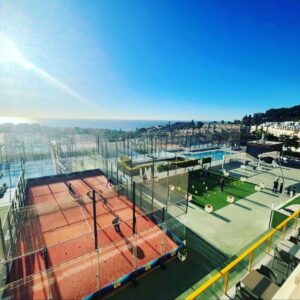




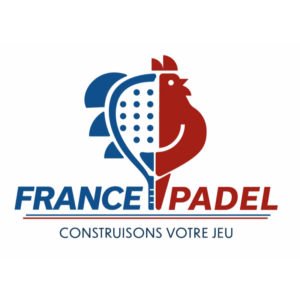
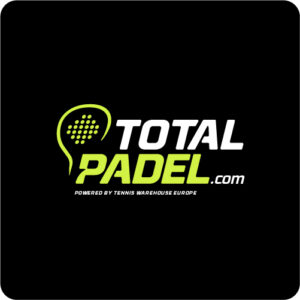



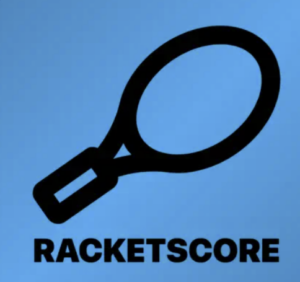
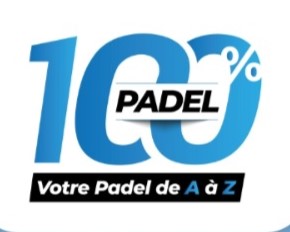


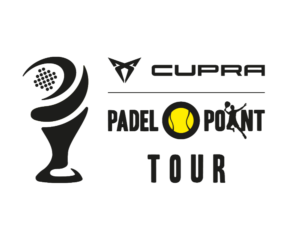

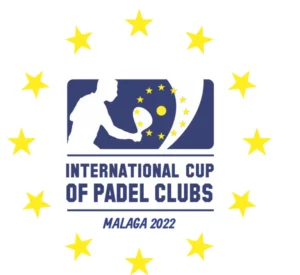

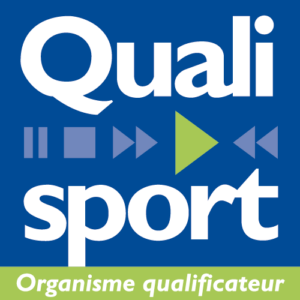
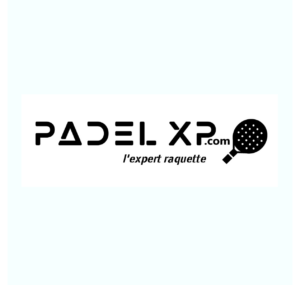

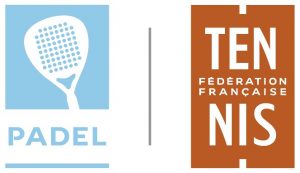
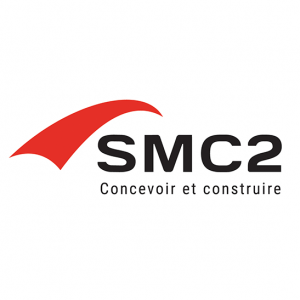


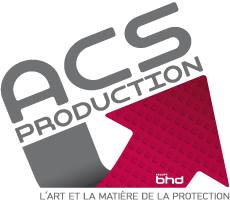
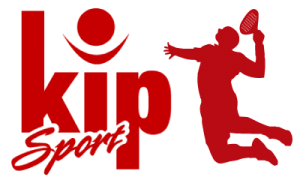

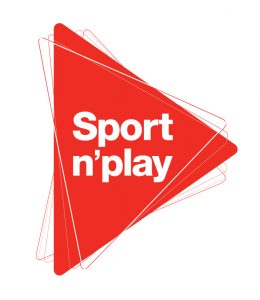



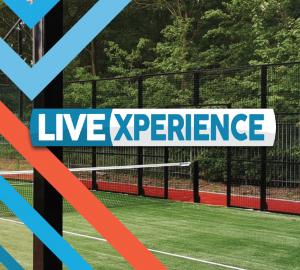


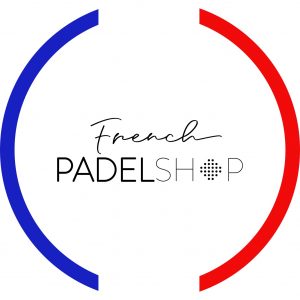
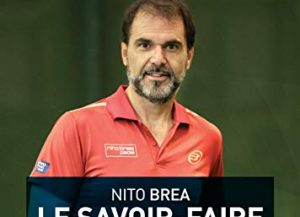
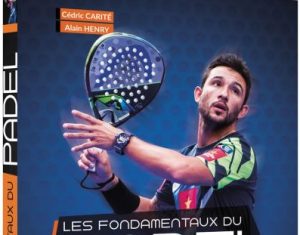


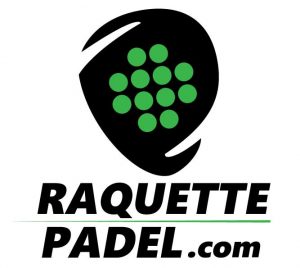
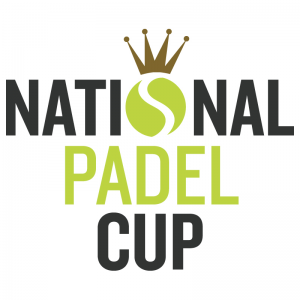
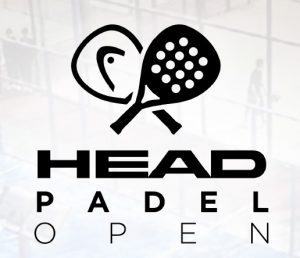

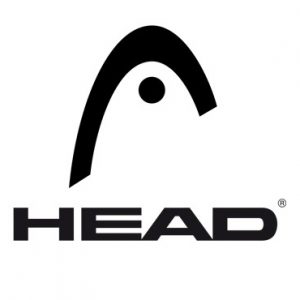


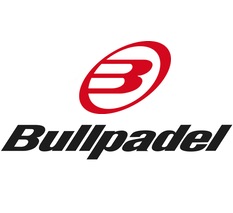
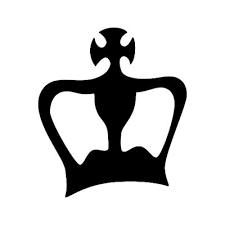
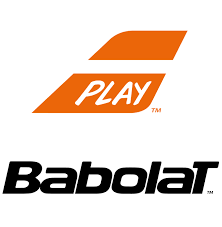

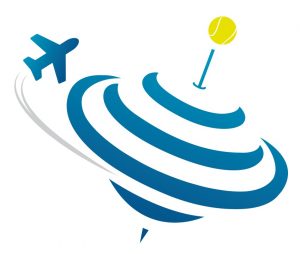
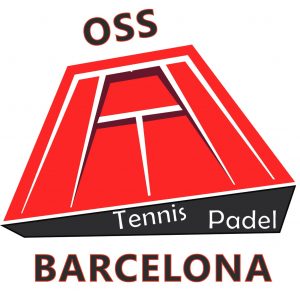
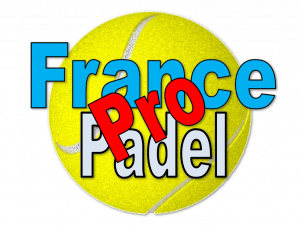

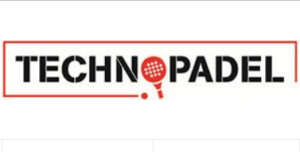


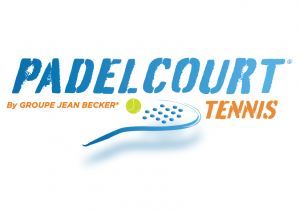

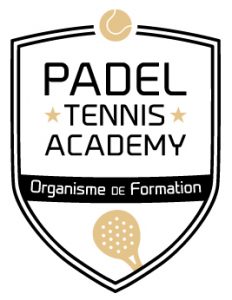
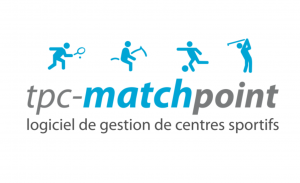

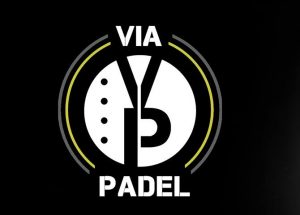




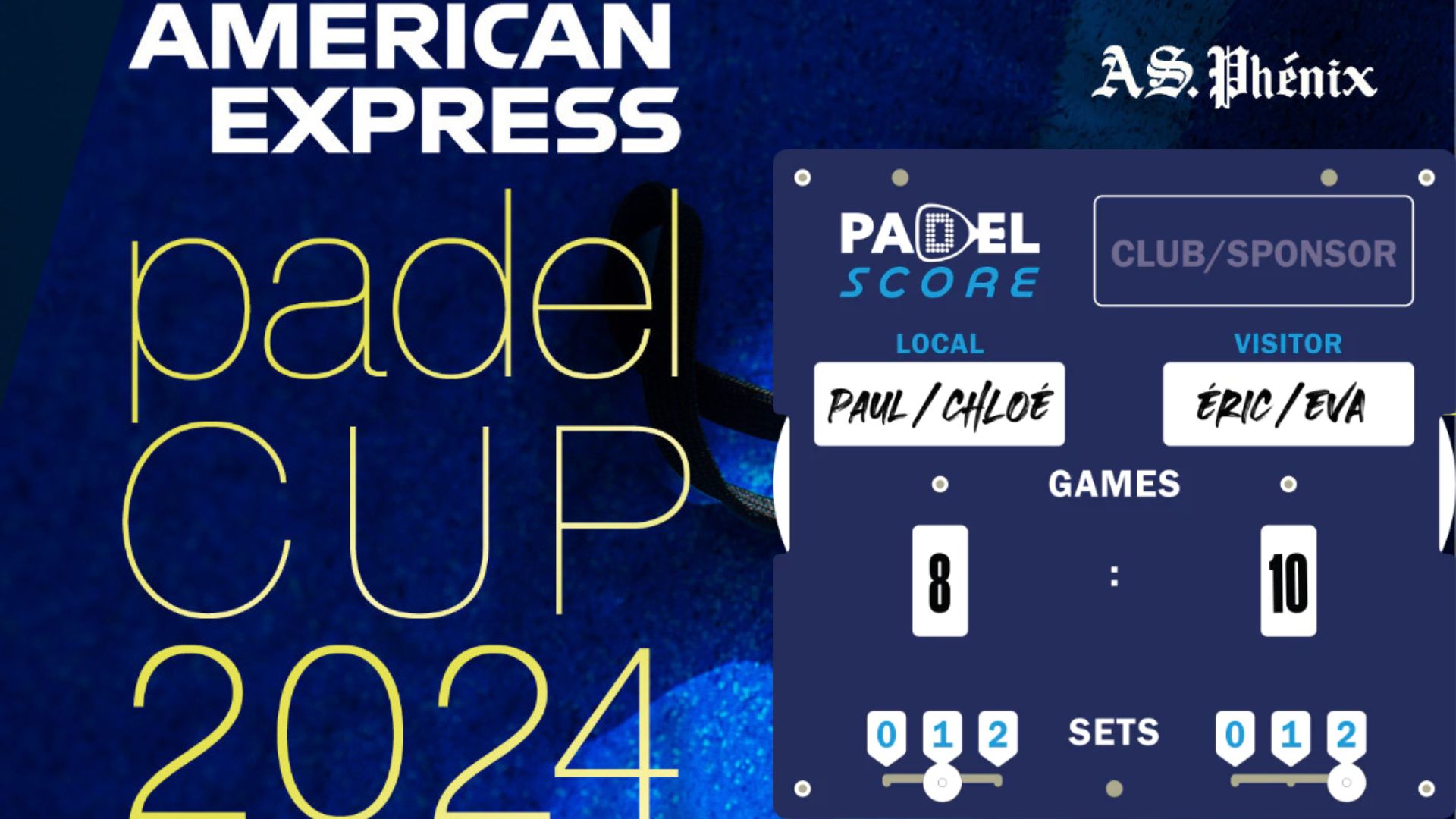 Padel Score comes to Tahiti for American Express Padel Cup!
Padel Score comes to Tahiti for American Express Padel Cup!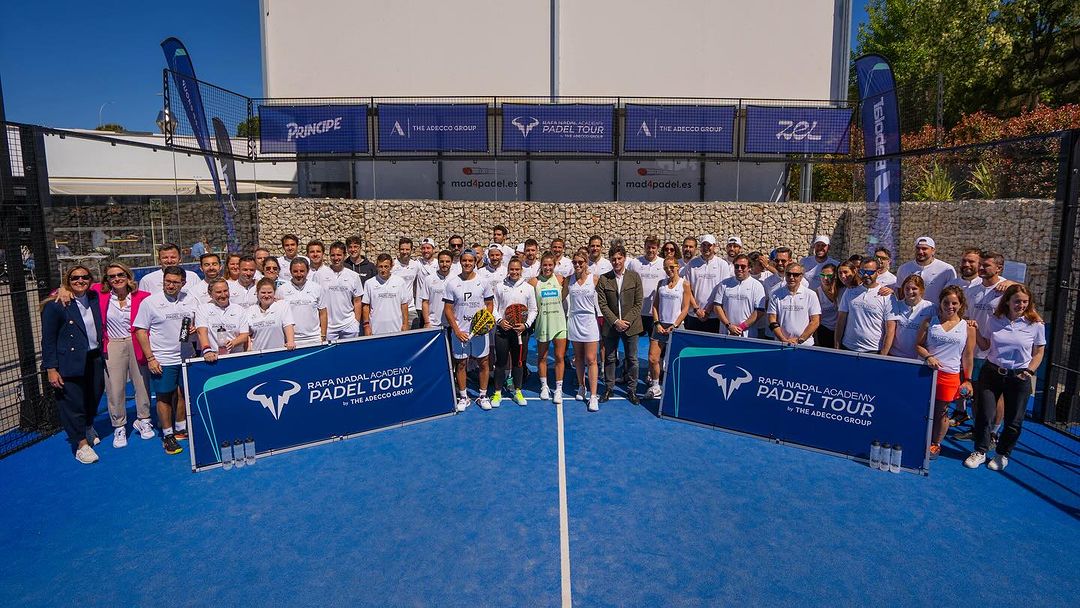 Do you know the Rafa Nadal Academy Tour?
Do you know the Rafa Nadal Academy Tour?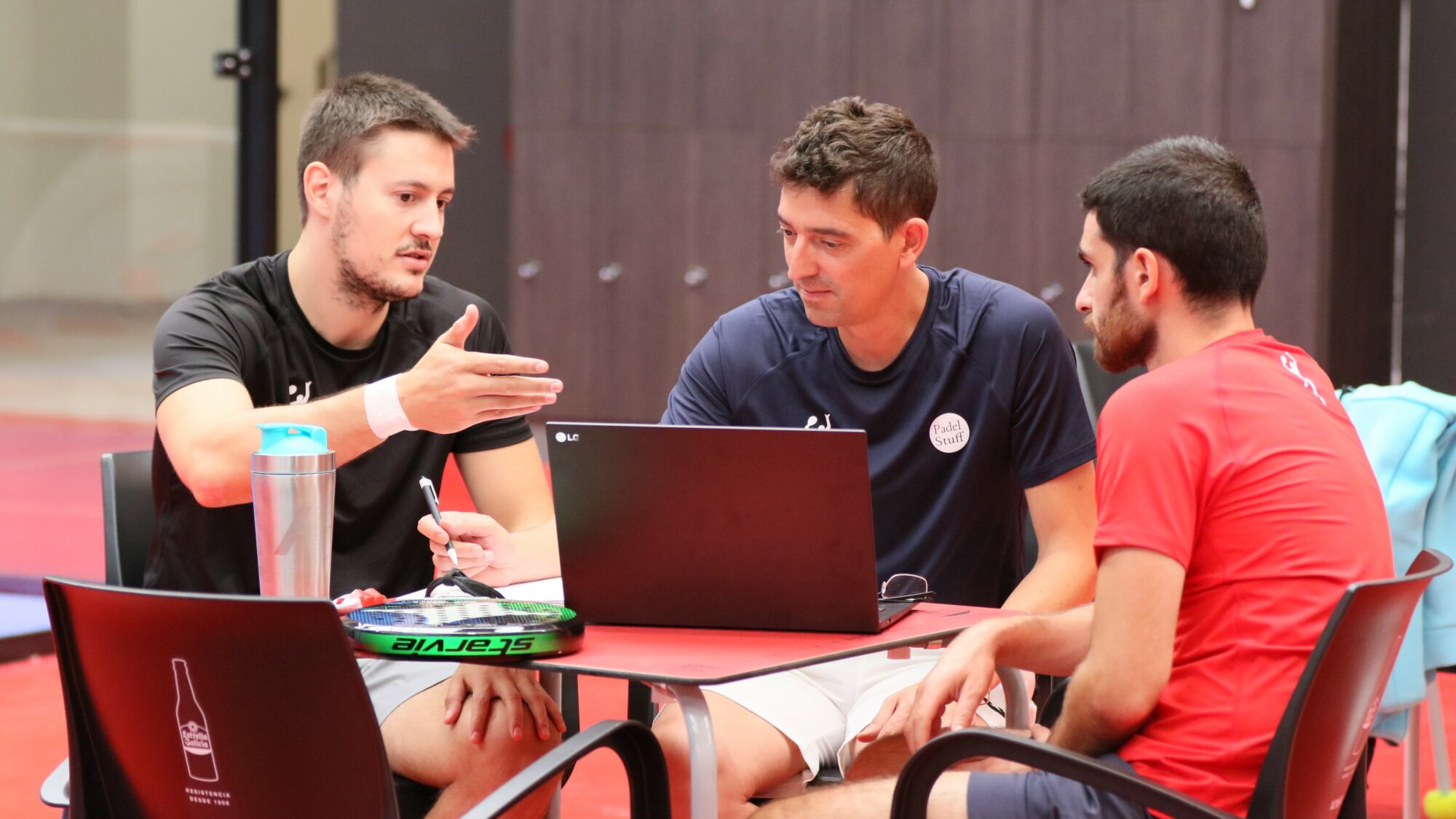 At the heart of padel – Episode 25: Paul and Andoni answer your questions
At the heart of padel – Episode 25: Paul and Andoni answer your questions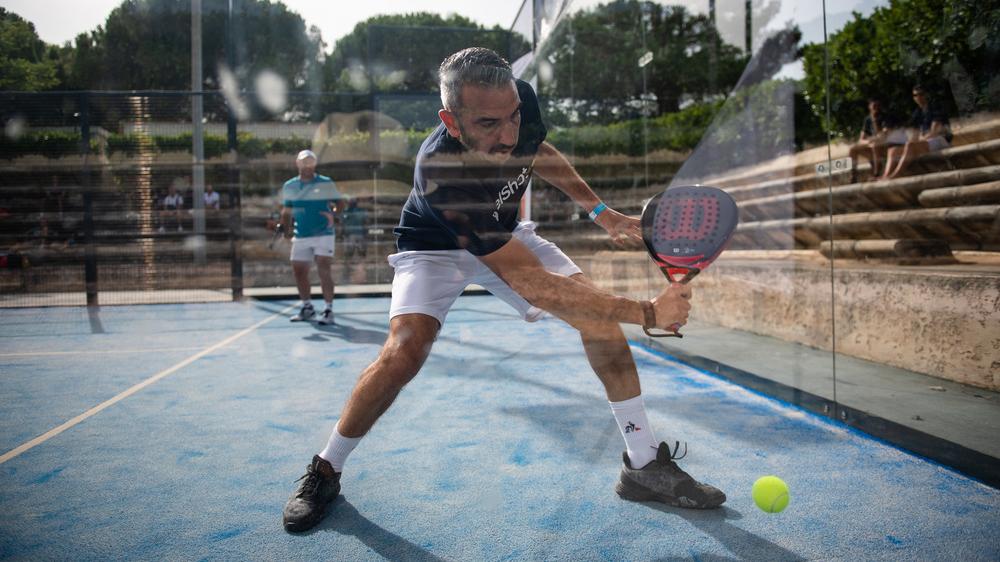 Simon Boissé: “We know that there are two nations in front of us”
Simon Boissé: “We know that there are two nations in front of us”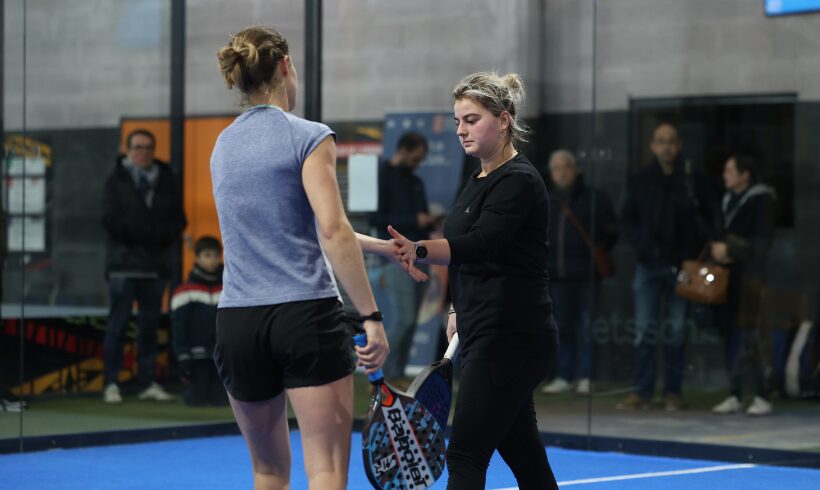 Marie Maligo: “This period of frequent changes of partners was beneficial for me”
Marie Maligo: “This period of frequent changes of partners was beneficial for me”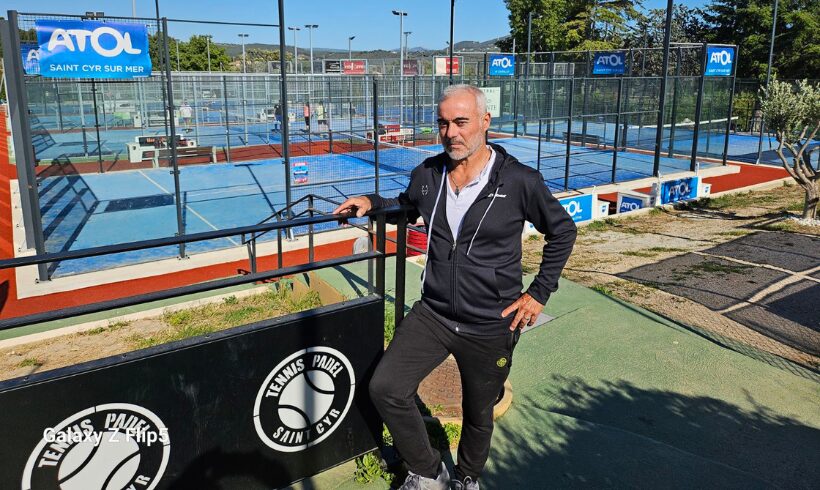 Alain Idier: “Adding tracks of padel, without sacrificing tennis”
Alain Idier: “Adding tracks of padel, without sacrificing tennis”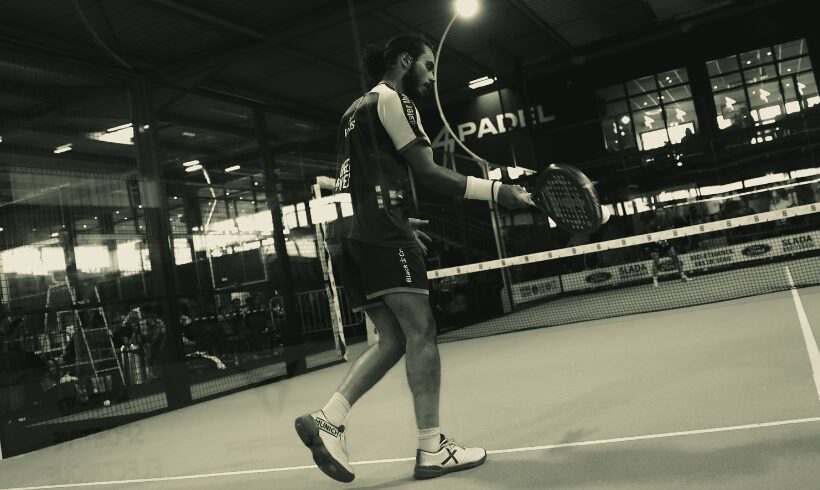 Manuel Vives: “It’s extremely difficult to get by financially”
Manuel Vives: “It’s extremely difficult to get by financially”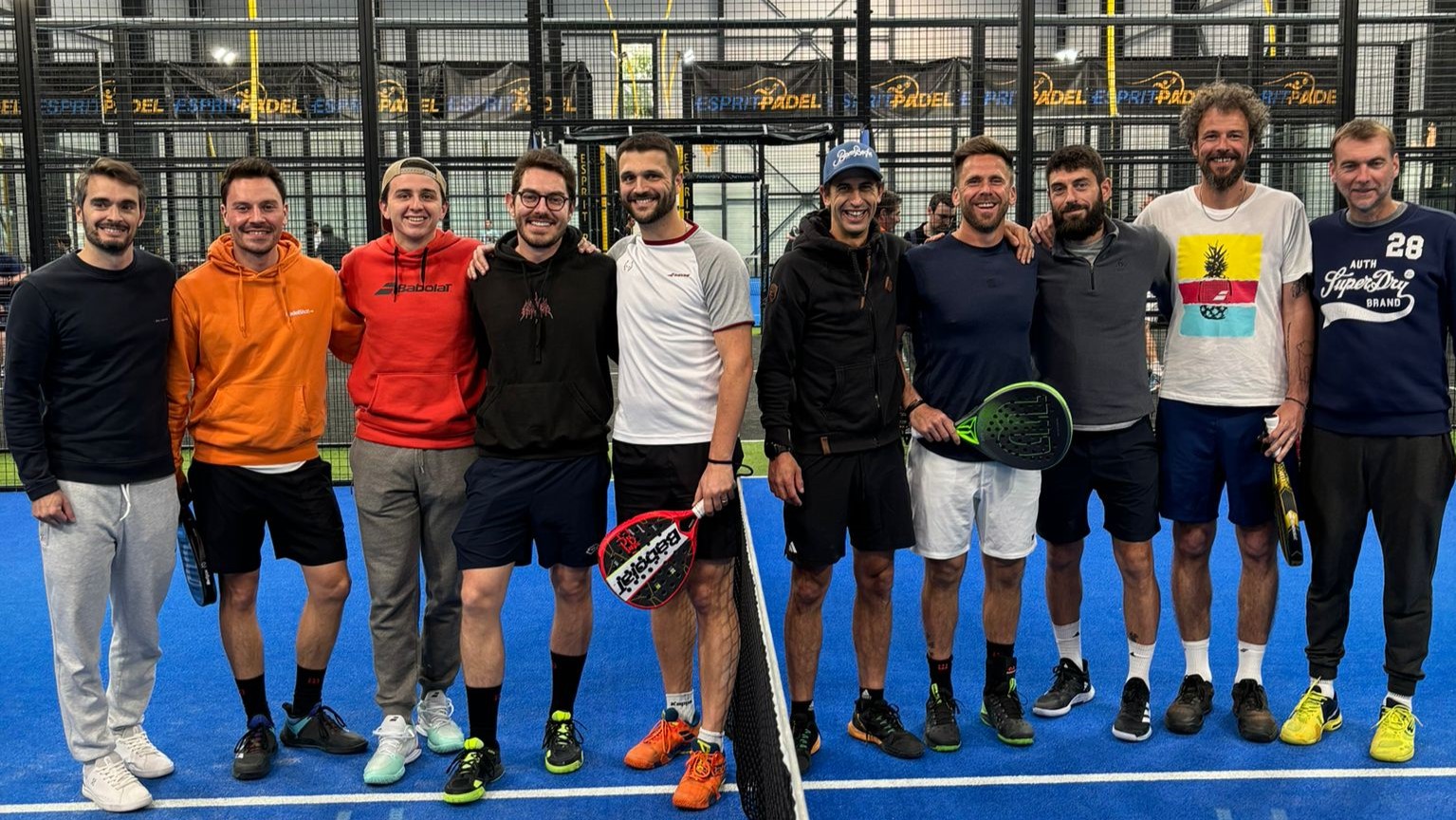 Mind Padel Lyon and the Auvergne Rhône-Alpes League innovate with team tournaments
Mind Padel Lyon and the Auvergne Rhône-Alpes League innovate with team tournaments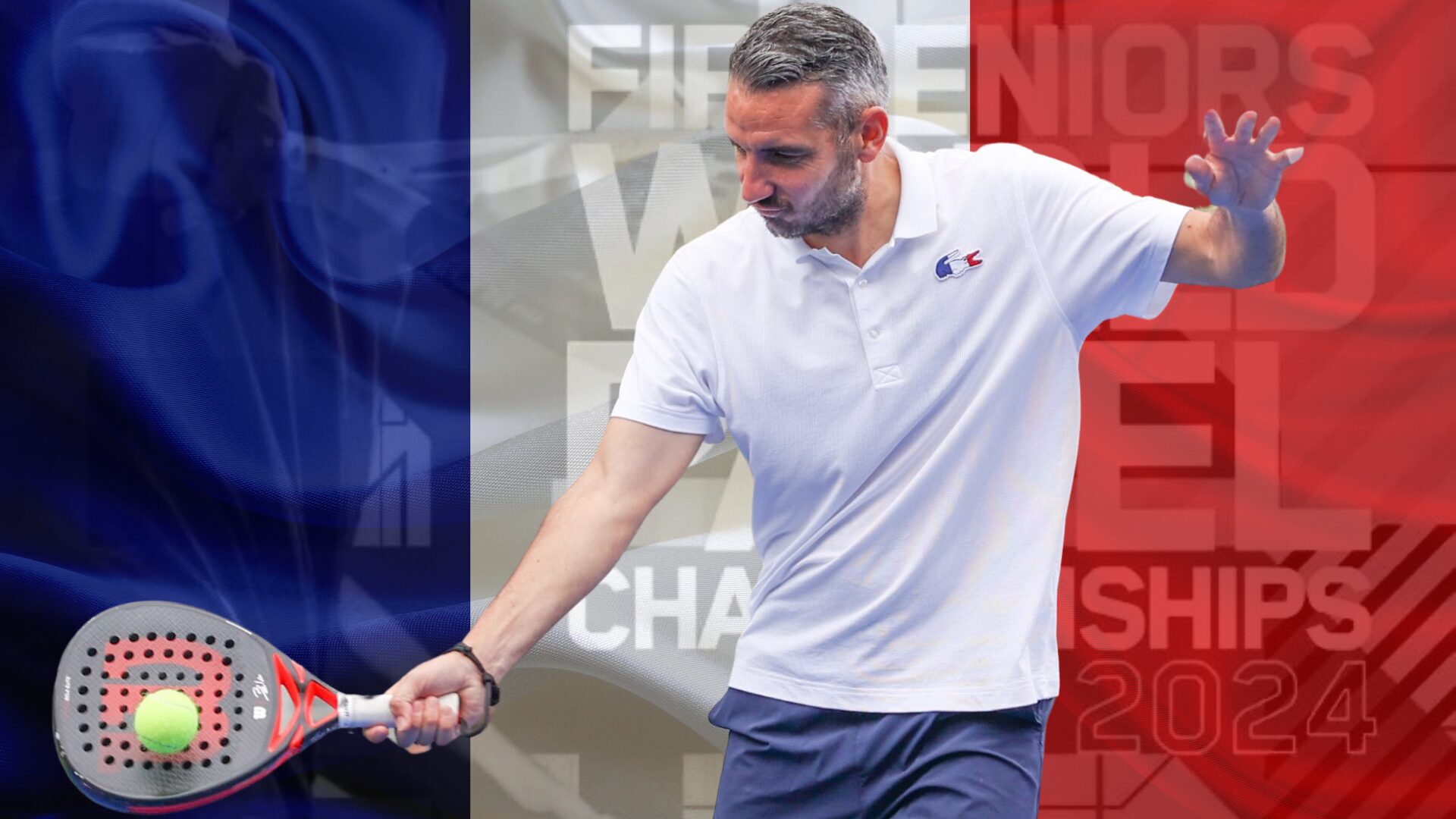 Simon Boissé: “We know that there are two nations in front of us”
Simon Boissé: “We know that there are two nations in front of us”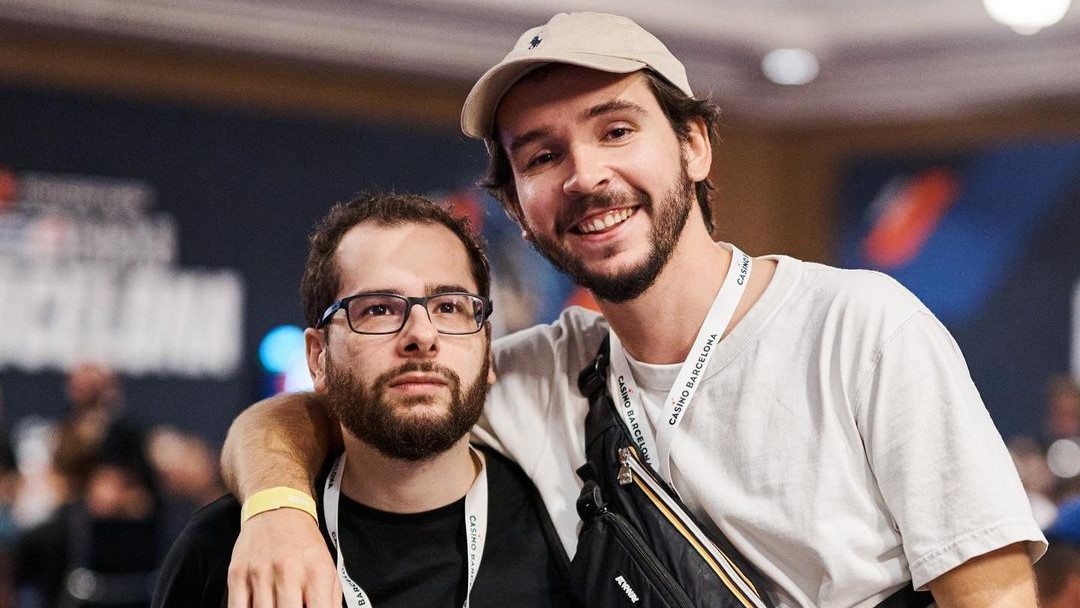 Team PAX (Domingo / Xari) returns to victory
Team PAX (Domingo / Xari) returns to victory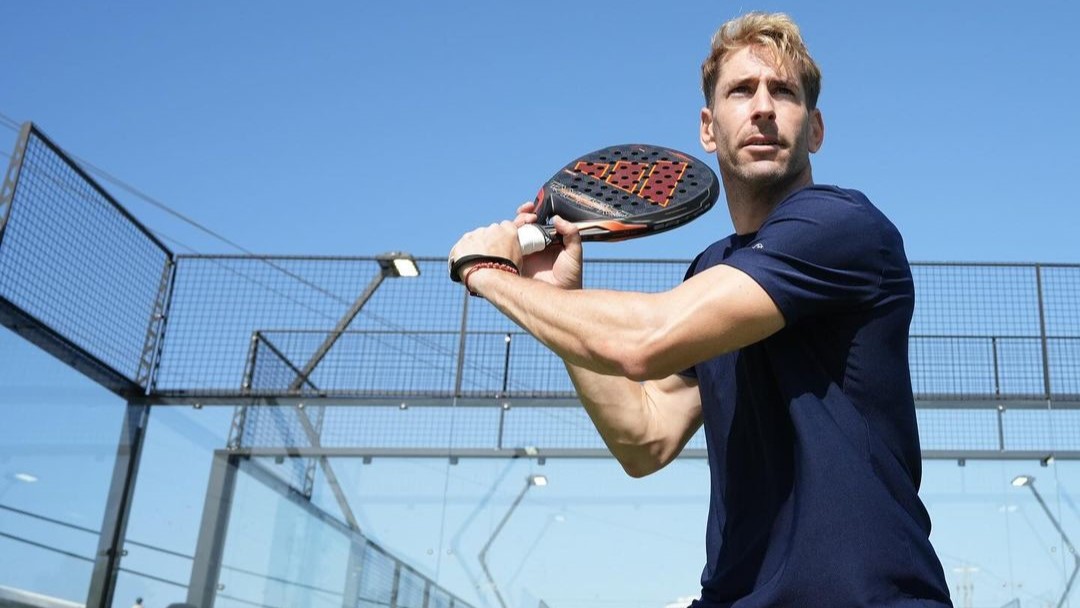 Alex Ruiz: “Finding joy again with Momo”
Alex Ruiz: “Finding joy again with Momo”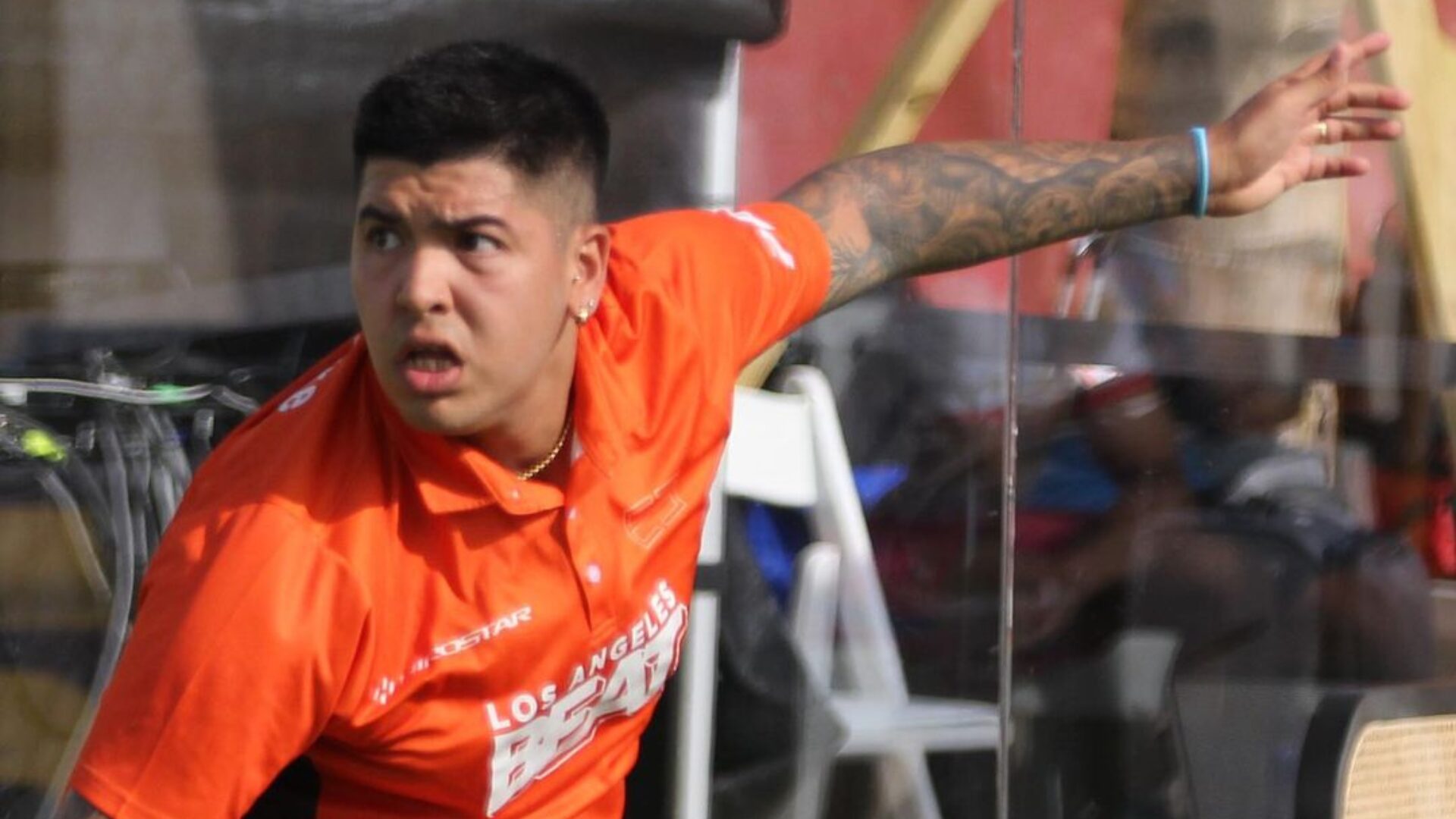 Nerone: “Tolito is not a normal player”
Nerone: “Tolito is not a normal player” P2 Brussels – Like a new school year!
P2 Brussels – Like a new school year!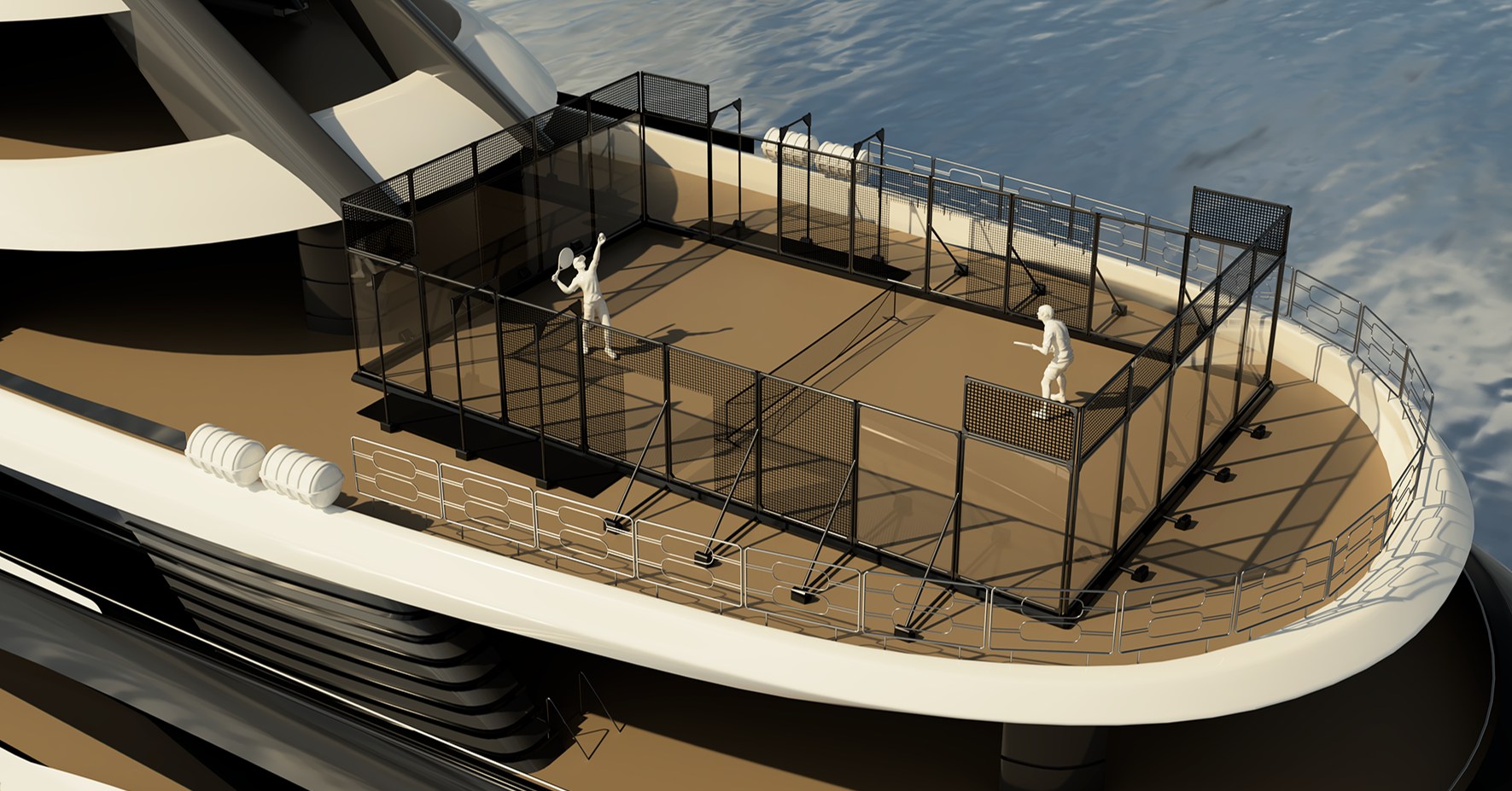 Play at padel on his yacht? Possible for €233.000!
Play at padel on his yacht? Possible for €233.000!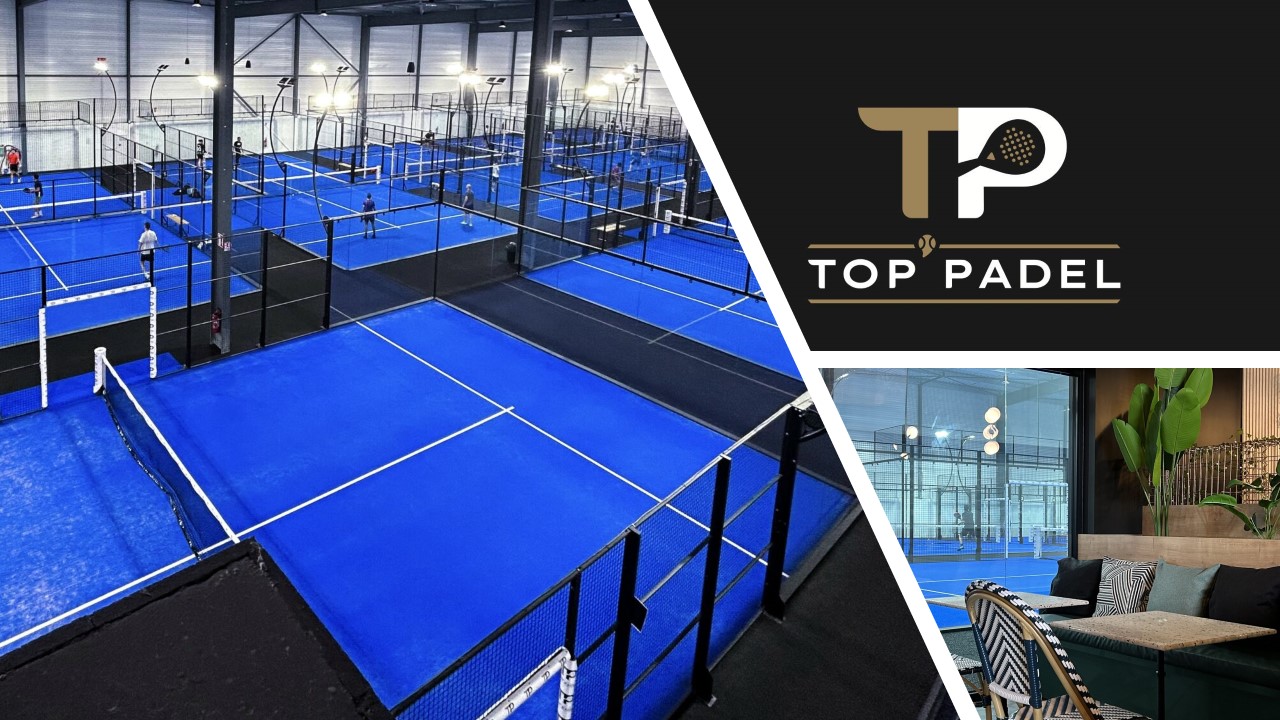 TOP Padel : “A premium club with 10 slopes in Toulouse”
TOP Padel : “A premium club with 10 slopes in Toulouse”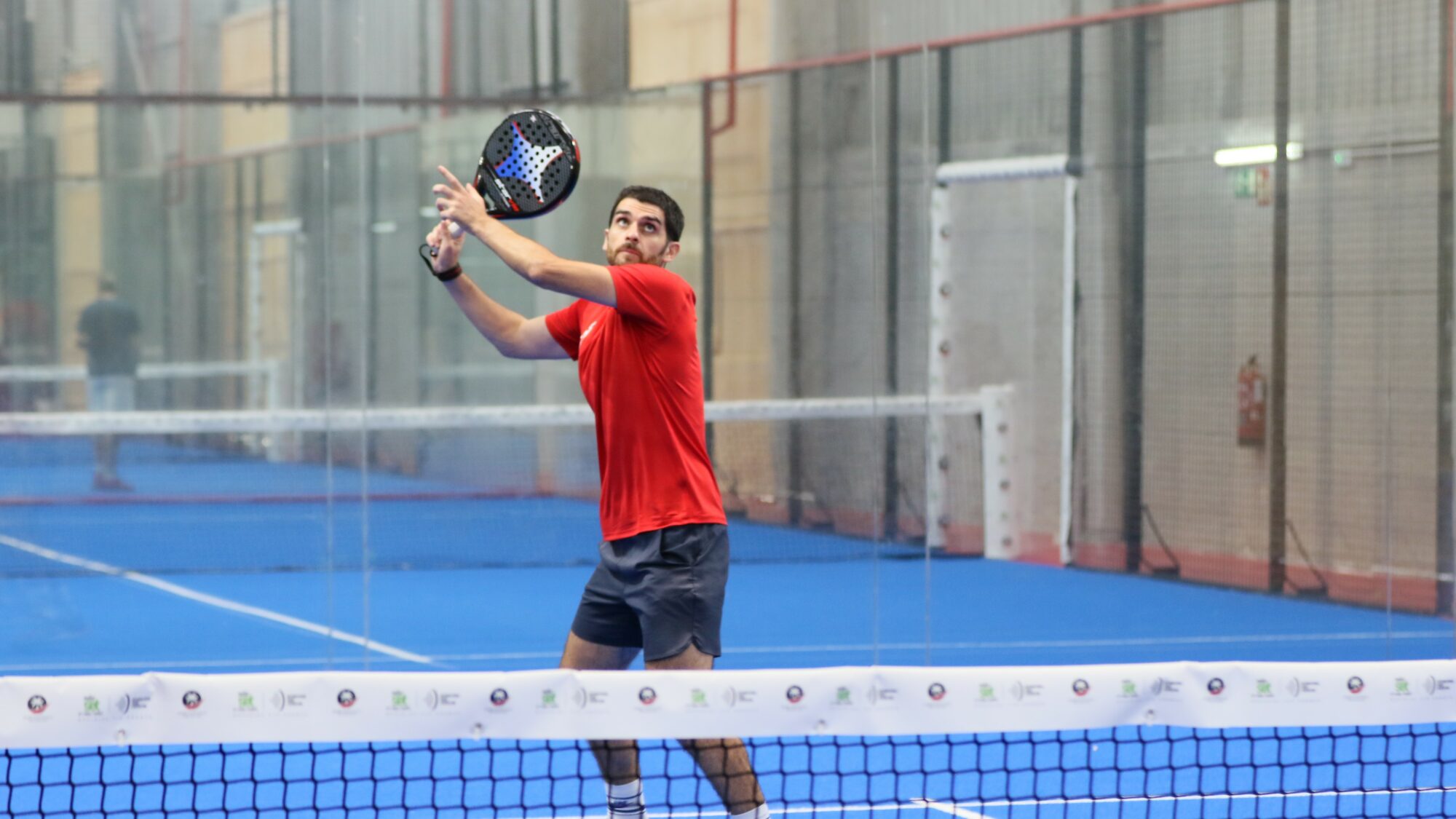 At the heart of padel – Episode 25: Paul and Andoni answer your questions
At the heart of padel – Episode 25: Paul and Andoni answer your questions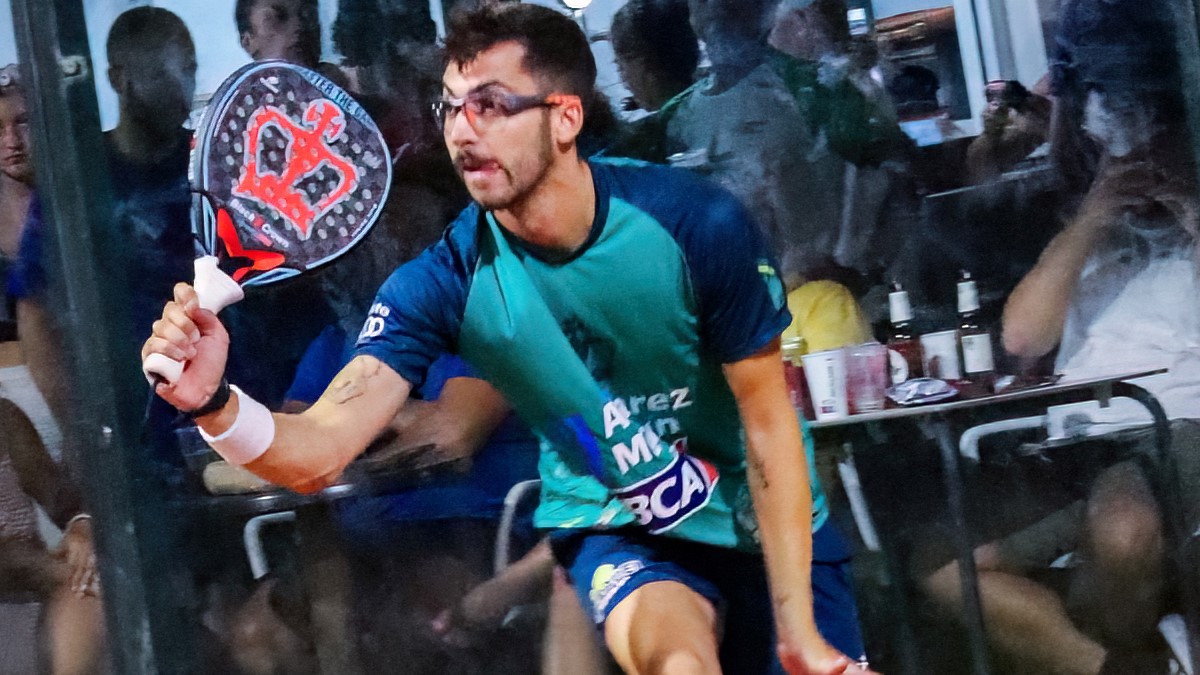 Tactical padel – What to do when faced with players who systematically stay at the bottom?
Tactical padel – What to do when faced with players who systematically stay at the bottom?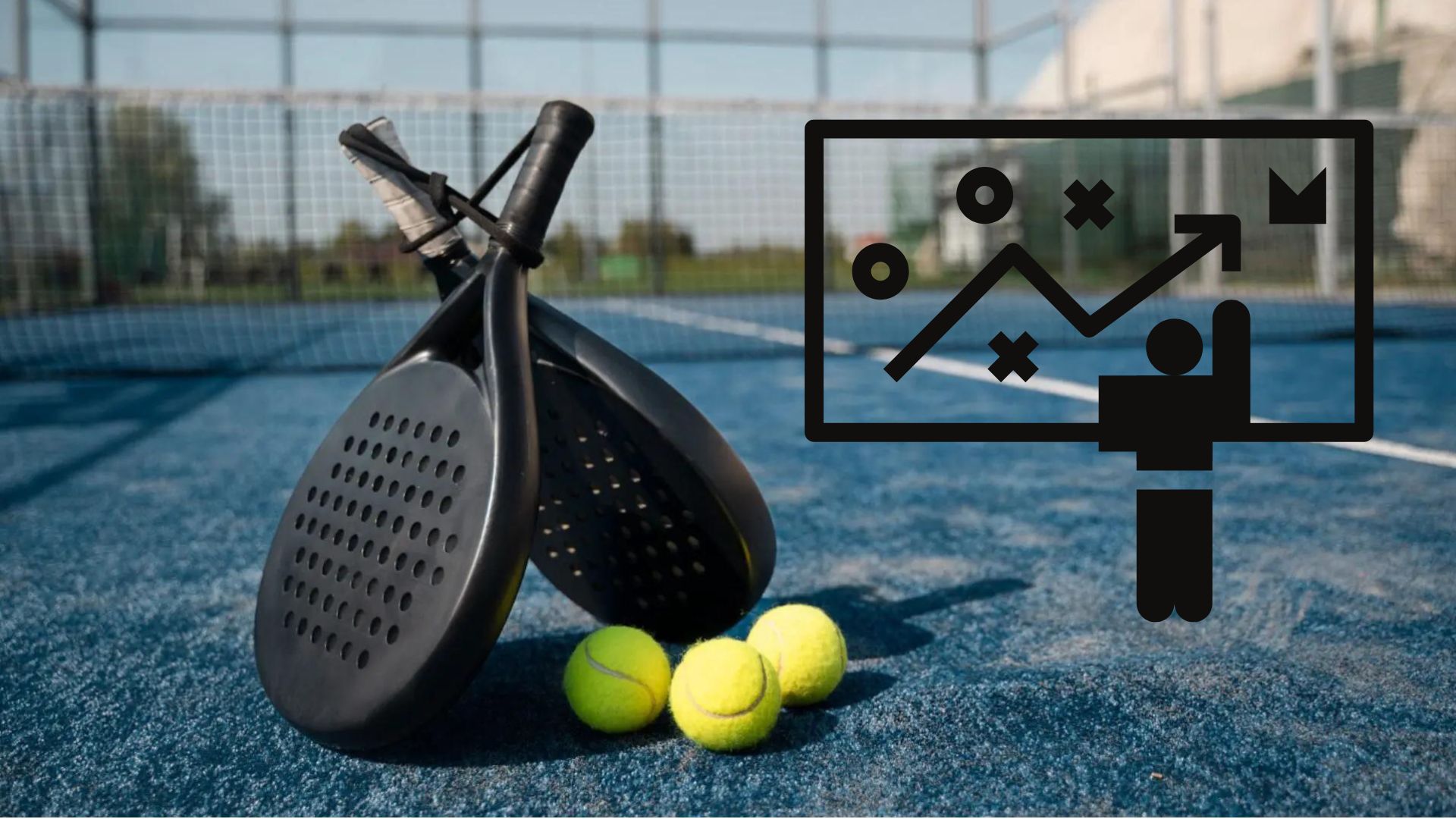 The basic tactics of padel
The basic tactics of padel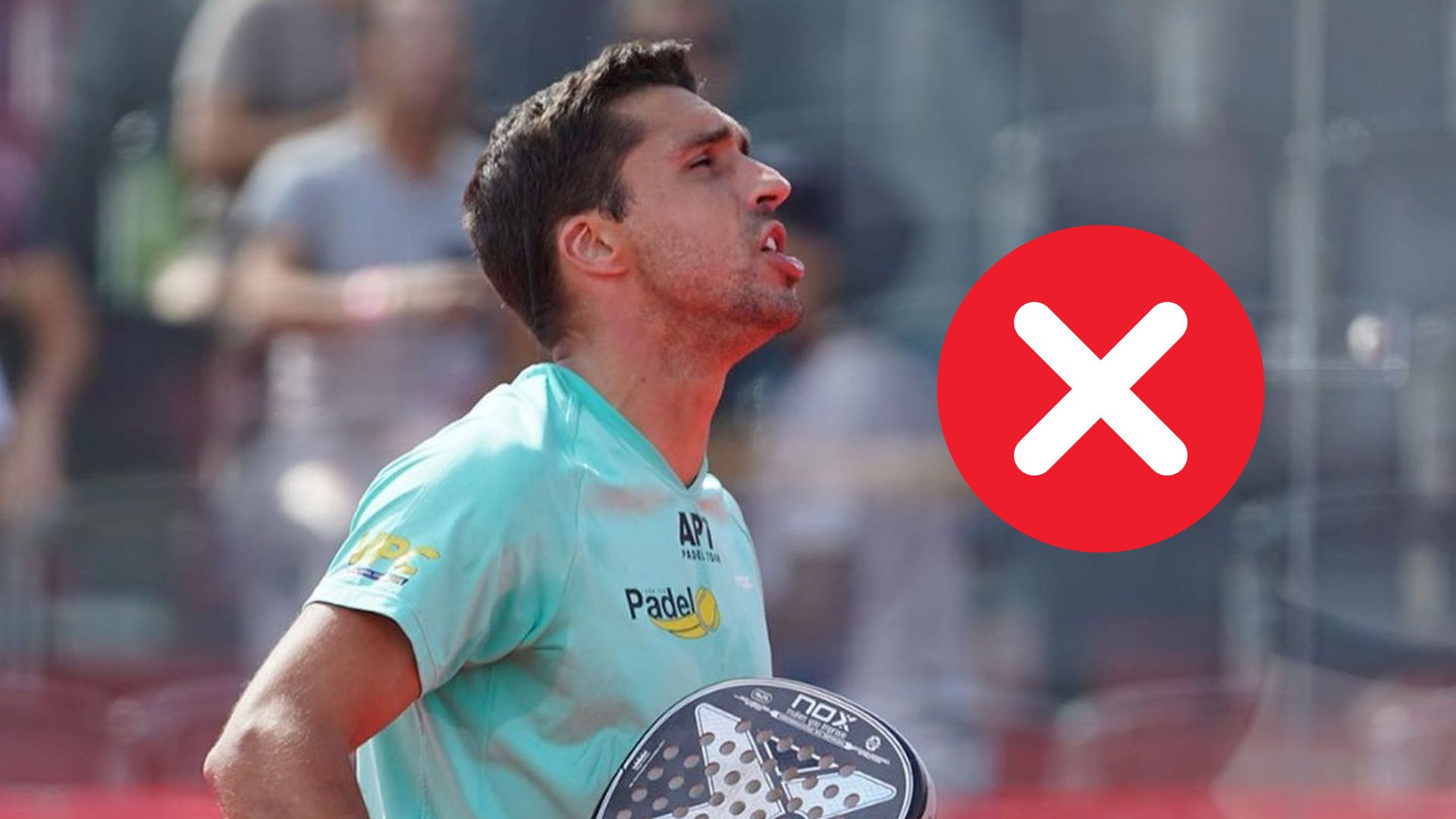 A par 4 is always a winner...even if you manage to defend it!
A par 4 is always a winner...even if you manage to defend it!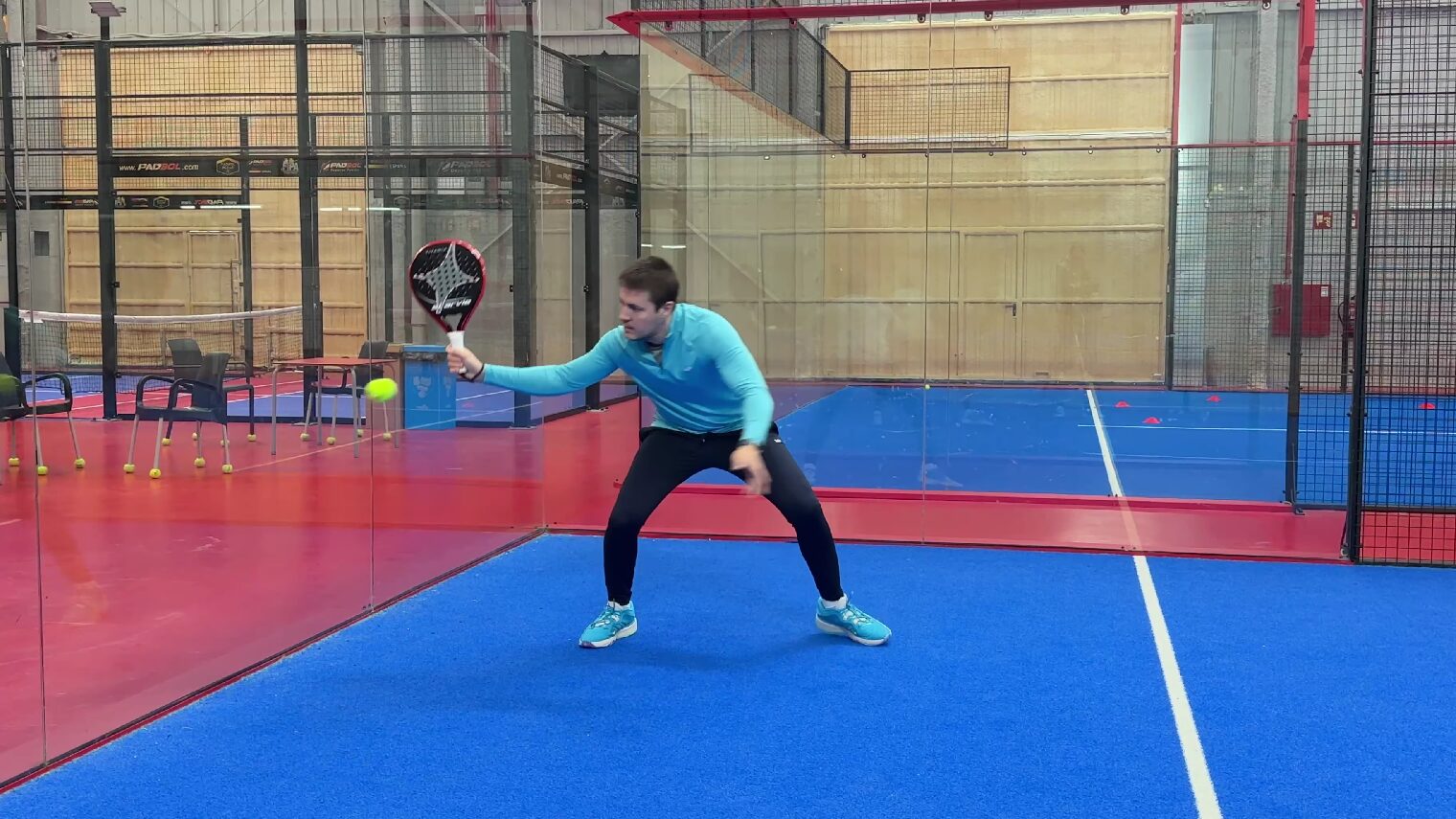 At the heart of padel – Episode 23: defend the window well
At the heart of padel – Episode 23: defend the window well Prohibition on playing topless Padel : the reasons
Prohibition on playing topless Padel : the reasons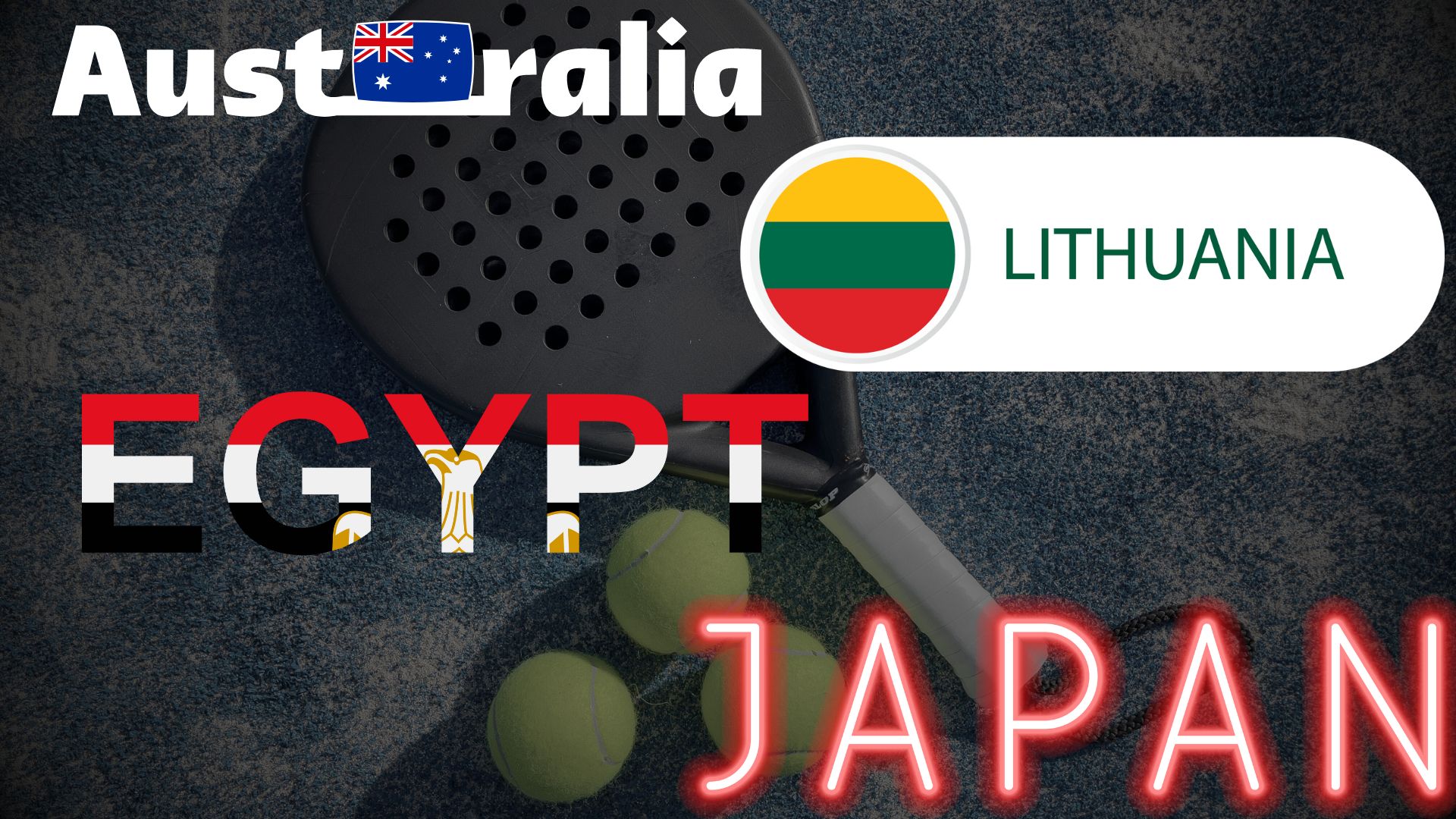 FIP Tour – Going far from Europe, THE strategy to earn points!
FIP Tour – Going far from Europe, THE strategy to earn points!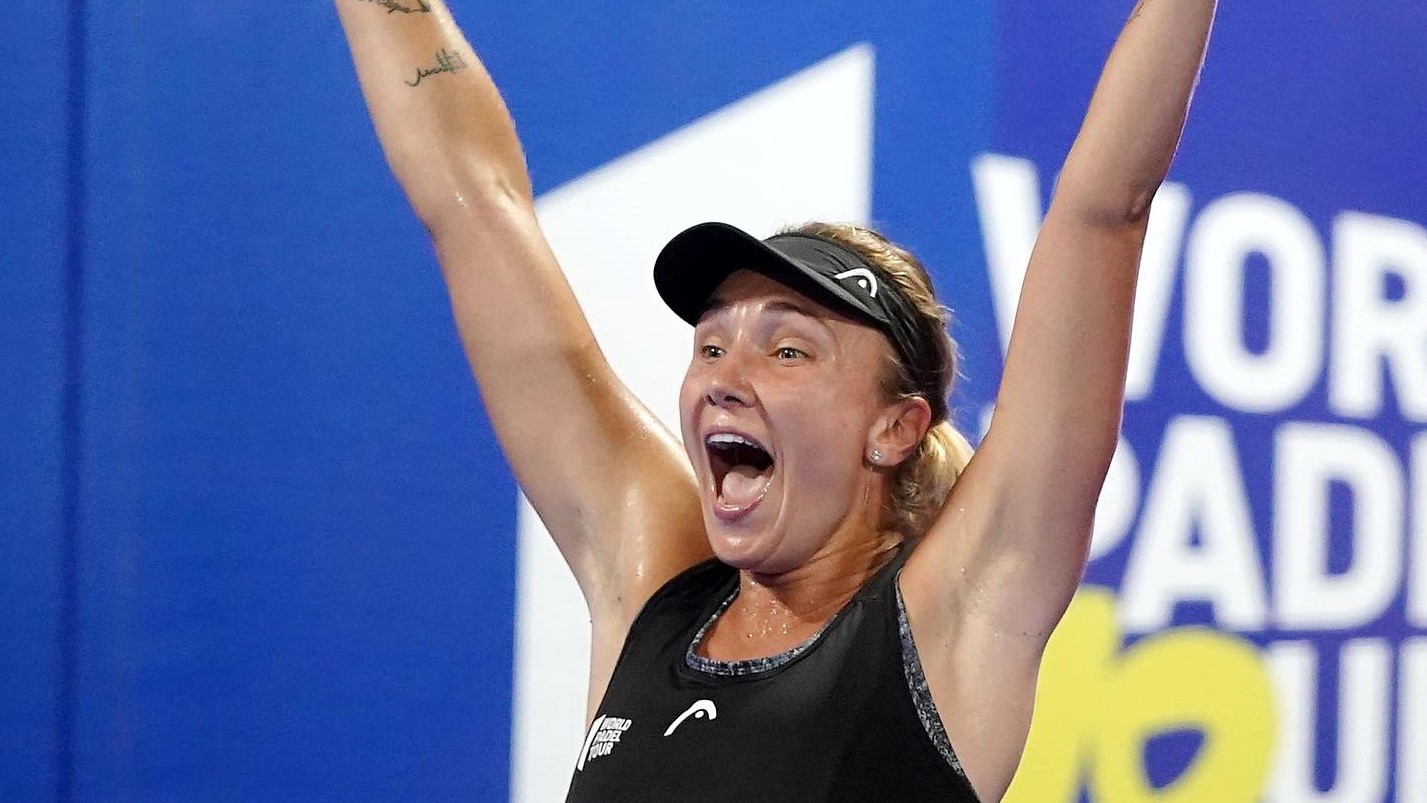 What is a good football player? padel ?
What is a good football player? padel ?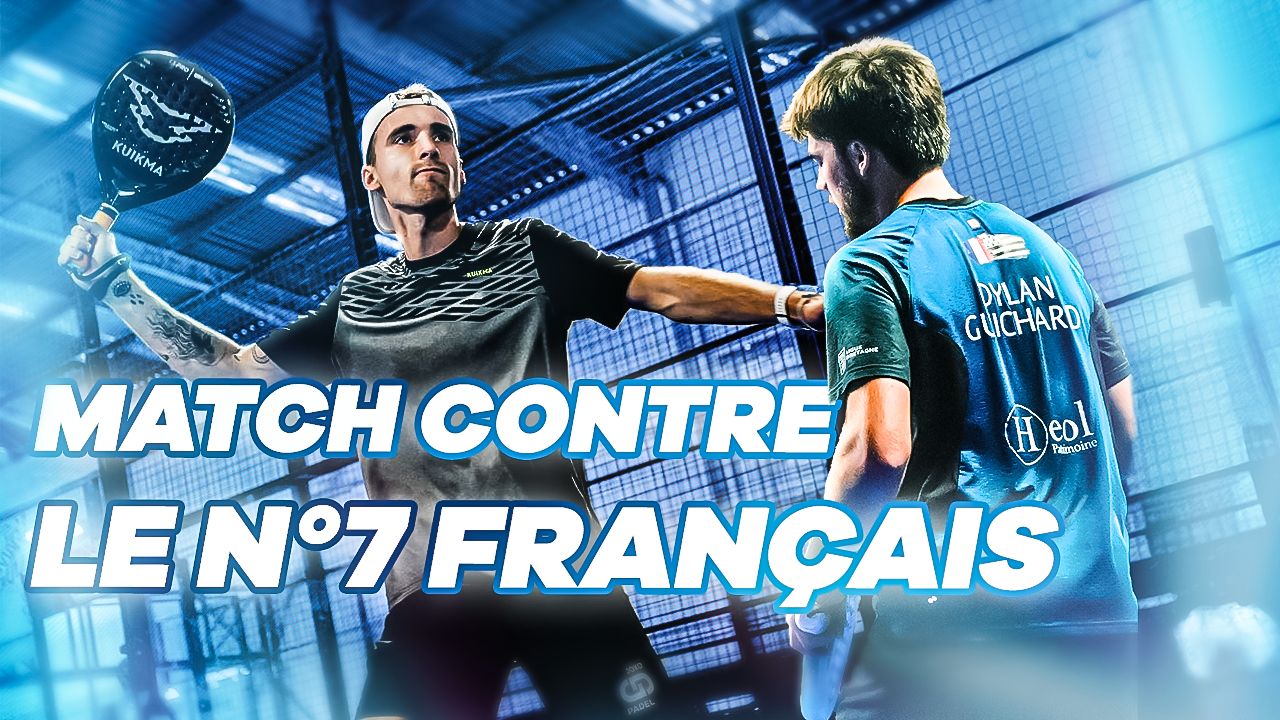 “Lefties give me headaches when I play against them!”
“Lefties give me headaches when I play against them!”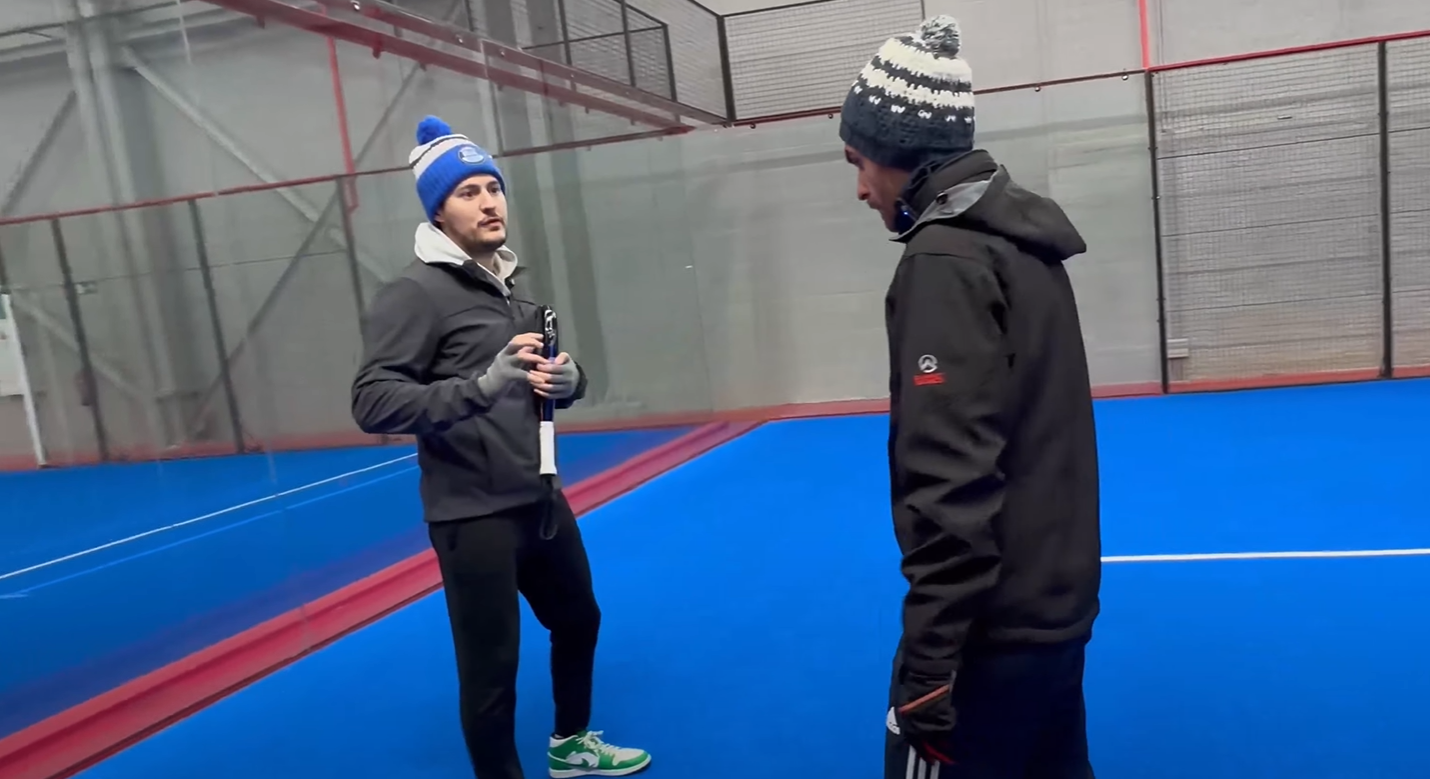 At the heart of padel – Episode 14: how to earn points in winter?
At the heart of padel – Episode 14: how to earn points in winter?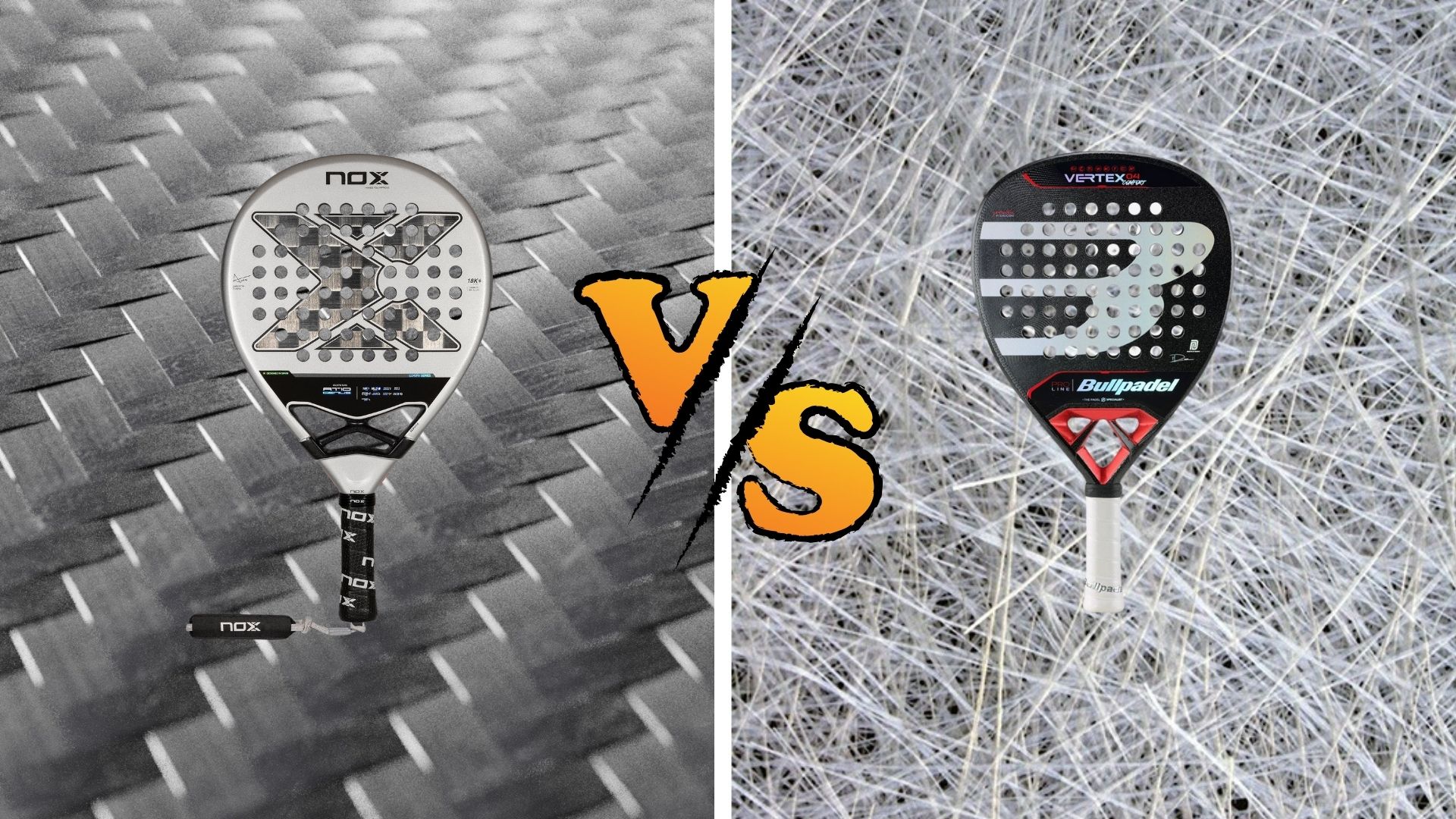 Carbon fiber VS fiberglass: what to choose?
Carbon fiber VS fiberglass: what to choose?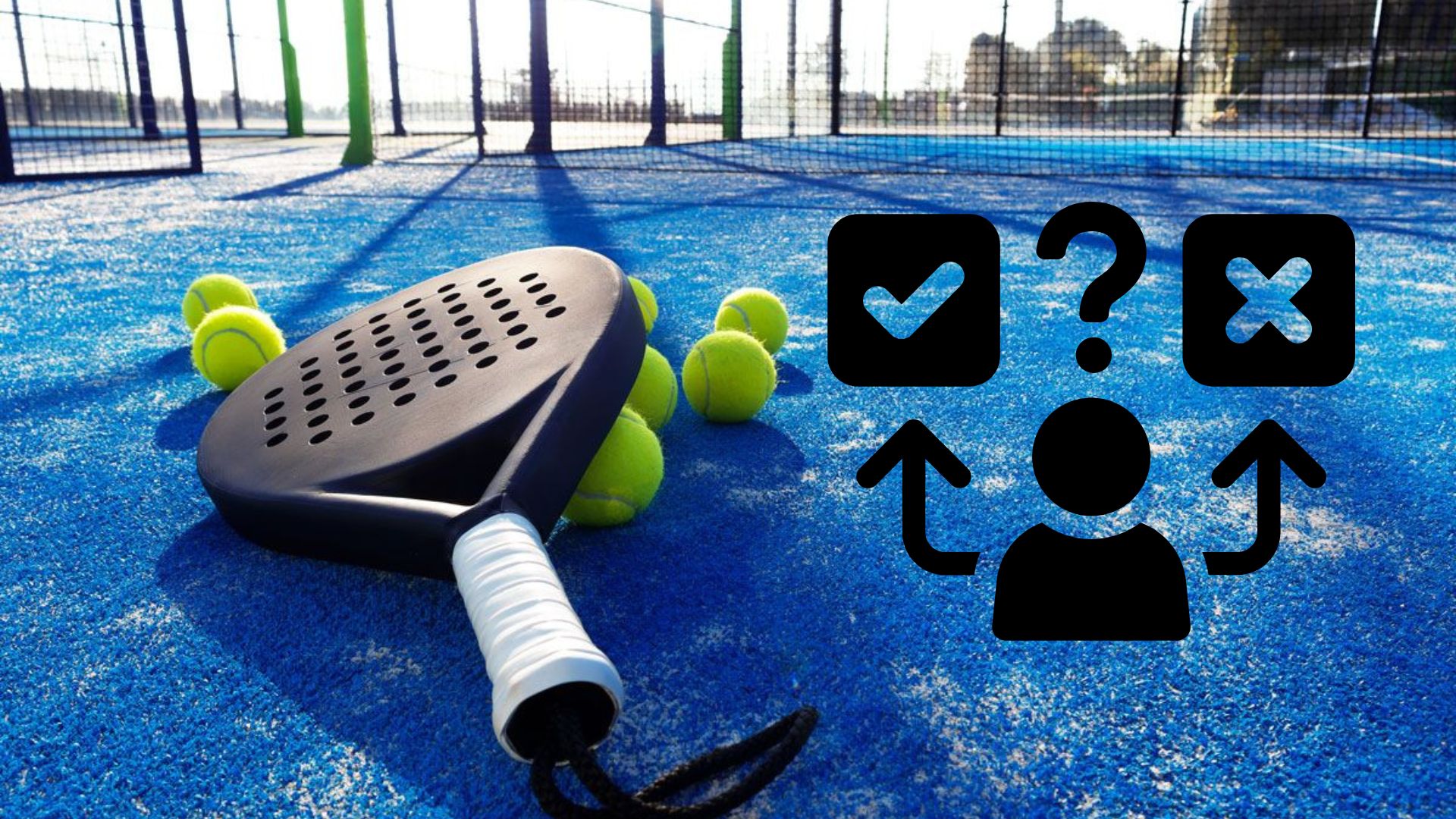 How to effectively test a racket padel ?
How to effectively test a racket padel ?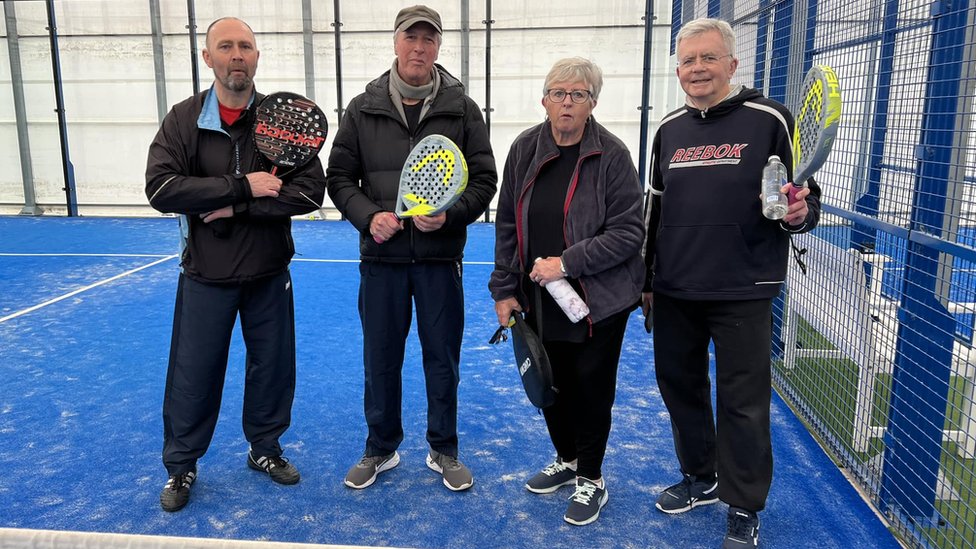 La padel to fight Parkinson's disease
La padel to fight Parkinson's disease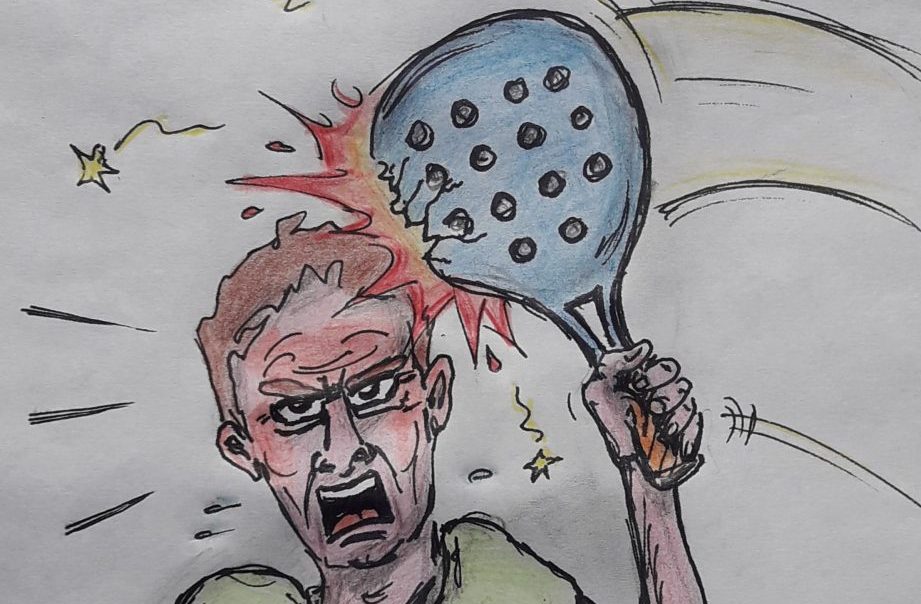 Don't play with a cracked or broken racket, your body will thank you!
Don't play with a cracked or broken racket, your body will thank you! Michel Cymes: “The padel, physically, it’s serious!”
Michel Cymes: “The padel, physically, it’s serious!”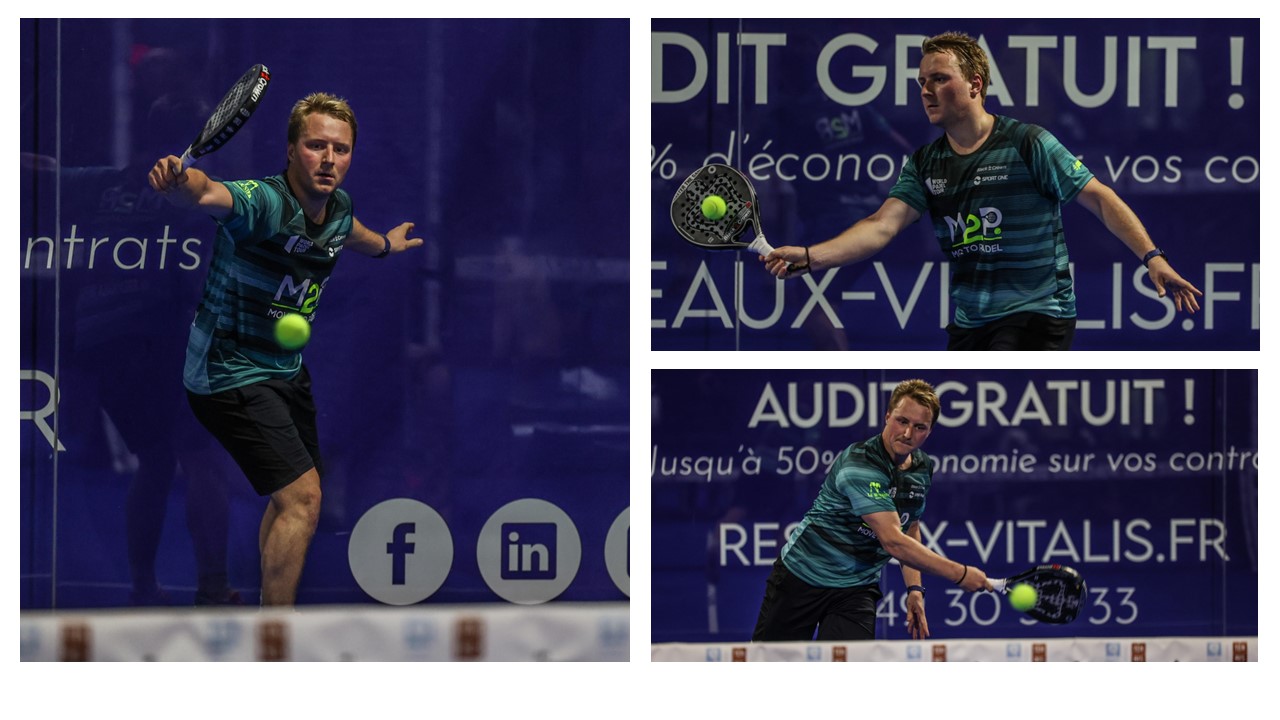 Jeremy Gala: “Promote the padel among young people in Belgium remains a challenge”
Jeremy Gala: “Promote the padel among young people in Belgium remains a challenge”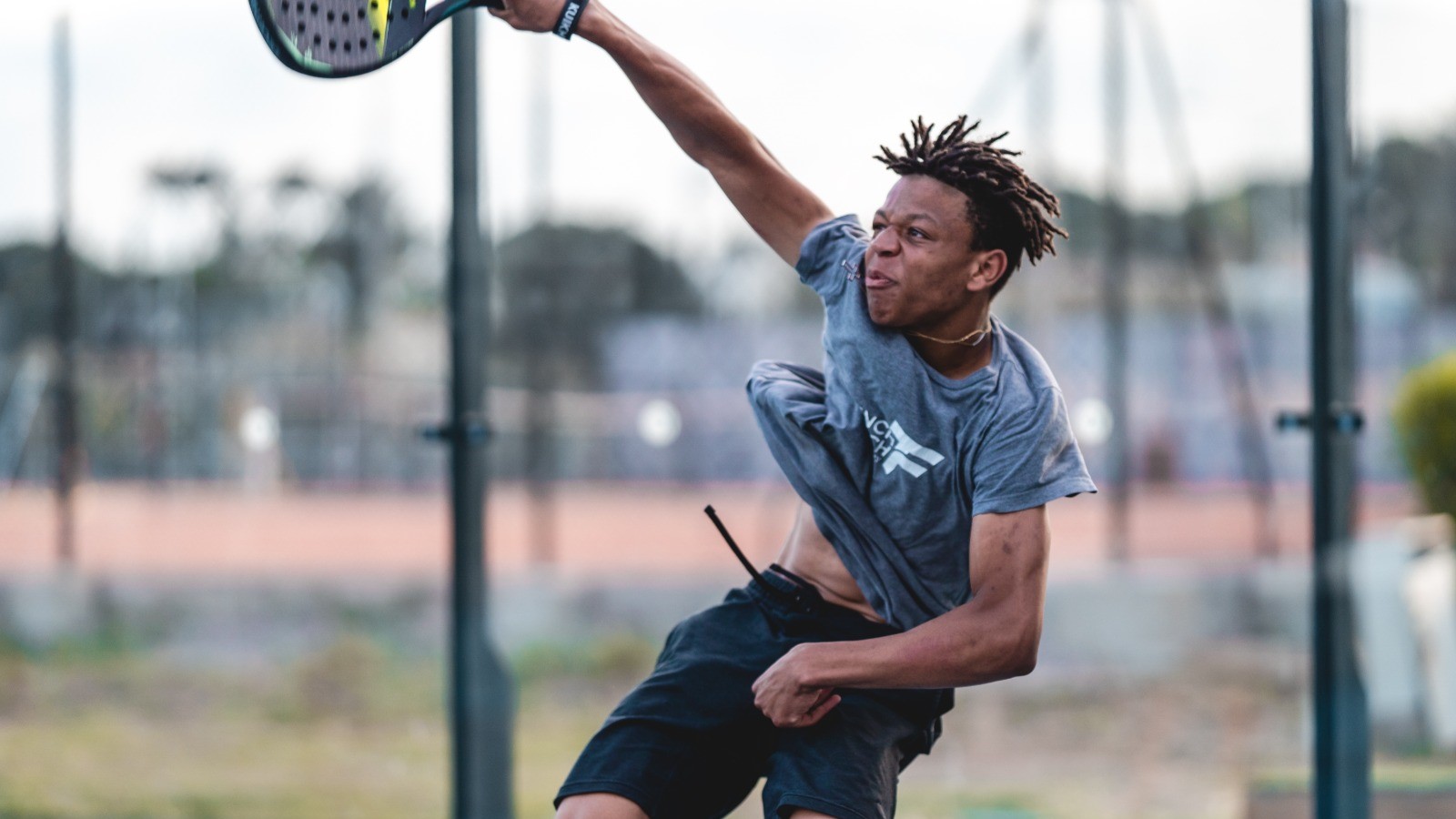 The French Touch Academy organizes its selection day Padel-Study
The French Touch Academy organizes its selection day Padel-Study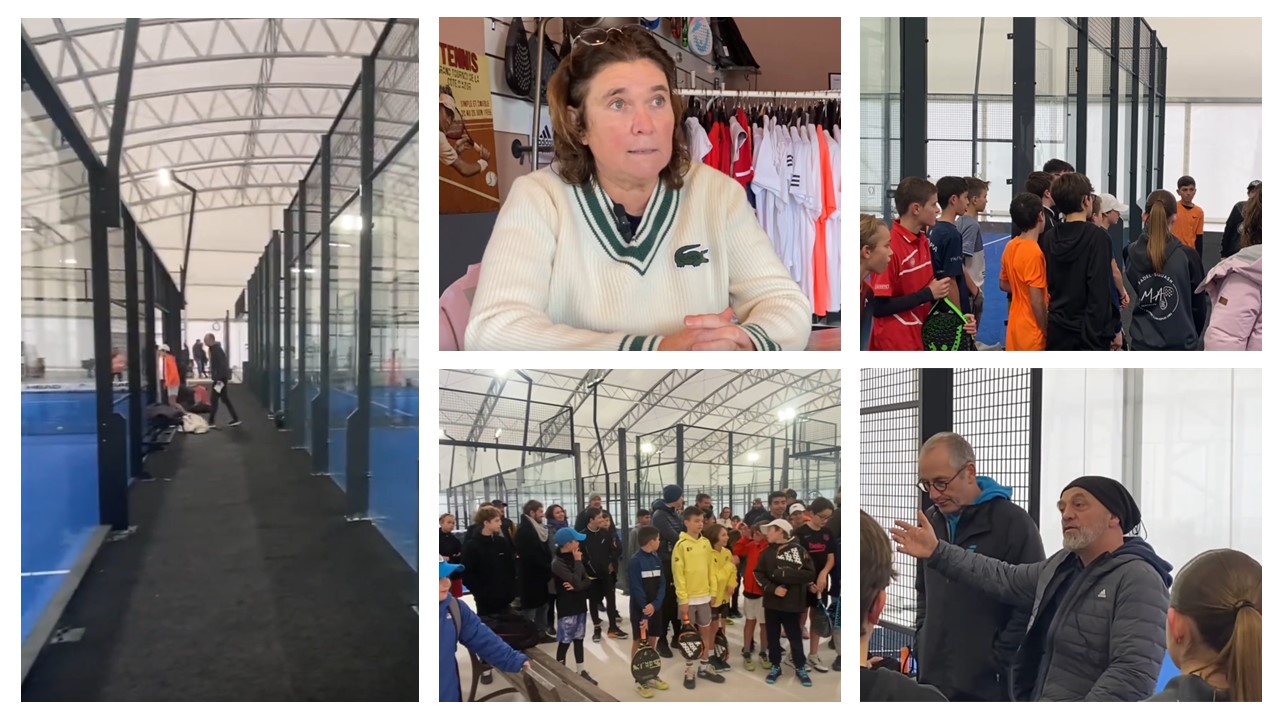 Report on the detection and training of younger generations
Report on the detection and training of younger generations Player's adult courses from April 8 to 21, 2024!
Player's adult courses from April 8 to 21, 2024!